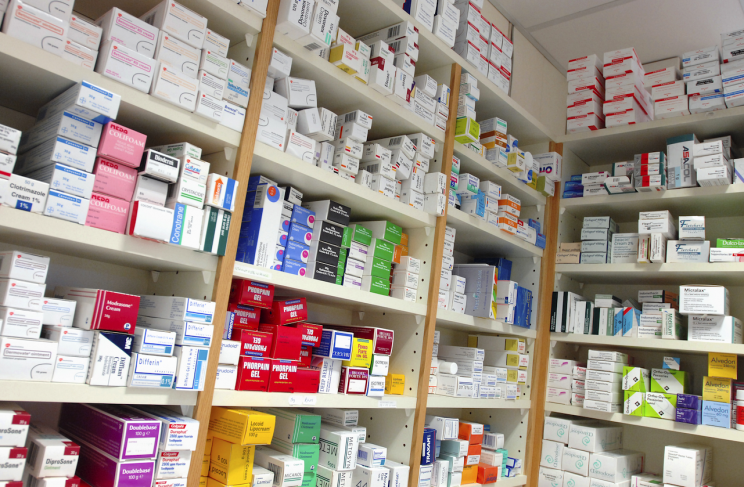Taking ibuprofen 'can increase risk of fatal cardiac arrest by 30 percent'

One of the most readily available painkillers in the UK can significantly heighten the chances of suffering a potentially fatal cardiac arrest, a new study has shown.
Researchers in Denmark found that taking ibuprofen was associated with a 31 percent increased risk of the condition, which occurs when the heart suddenly stops pumping blood.
Other medicines from the same family of painkillers, known as non-steroidal anti-inflammatory drugs (NSAIDs), also posed a similar danger.
They included diclofenac, which raised the risk by 50% and was readily available over the counter in the UK until 2015 before becoming prescription only.
Heart expert Professor Gunnar Gislason, who led the study, has now called for tighter controls on NSAIDs.
He said: ‘Allowing these drugs to be purchased without a prescription, and without any advice or restrictions, sends a message to the public that they must be safe. The findings are a stark reminder that NSAIDs are not harmless.

‘Diclofenac and ibuprofen, both commonly used drugs, were associated with significantly increased risk of cardiac arrest. NSAIDs should be used with caution and for a valid indication. They should probably be avoided in patients with cardiovascular disease or many cardiovascular risk factors.
‘I don’t think these drugs should be sold in supermarkets or petrol stations where there is no professional advice on how to use them. Over-the-counter NSAIDs should only be available at pharmacies, in limited quantities and in low doses.
‘The current message being sent to the public about NSAIDs is wrong.’
According to The Pharmaceutical Journal, sales of over-the-counter painkillers amounted to almost £600 million in the UK in 2015.
MORE: Marks & Spencer fresh chicken ranked most likely to contain food poisoning bug
MORE: Supporters of Turkish president ‘burn French flag instead of Dutch one by mistake’
The findings came after researchers looked into out-of-hospital cardiac arrests in Denmark between 2001 and 2010, and found that some 3,376 people had been treated with an NSAID up to a month before suffering the heart condition.
Specifically, Ibuprofen and diclofenac, the two most commonly used NSAIDs, were associated with an increased risk of 31% and 50% respectively.
The drugs can cause arteries to constrict, increase fluid retention and raise blood pressure.
Prof Gislason, from Copenhagen University Hospital, said: ‘Diclofenac is the riskiest NSAID and should be avoided by patients with cardiovascular disease and the general population. Safer drugs are available that have similar painkilling effects so there is no reason to use diclofenac.’

 Yahoo News
Yahoo News 


